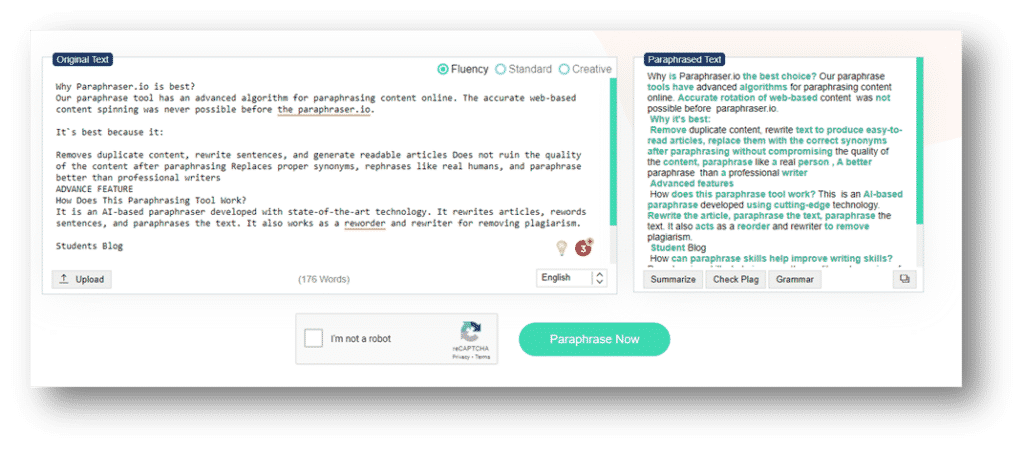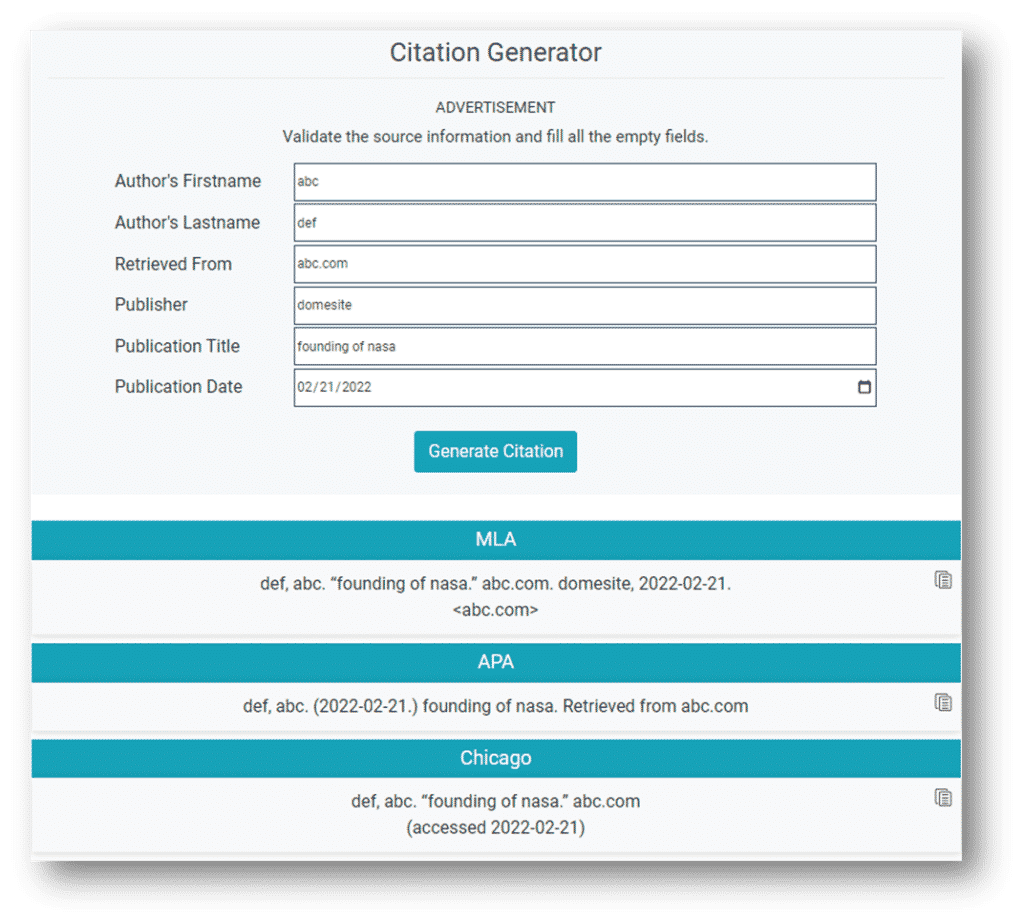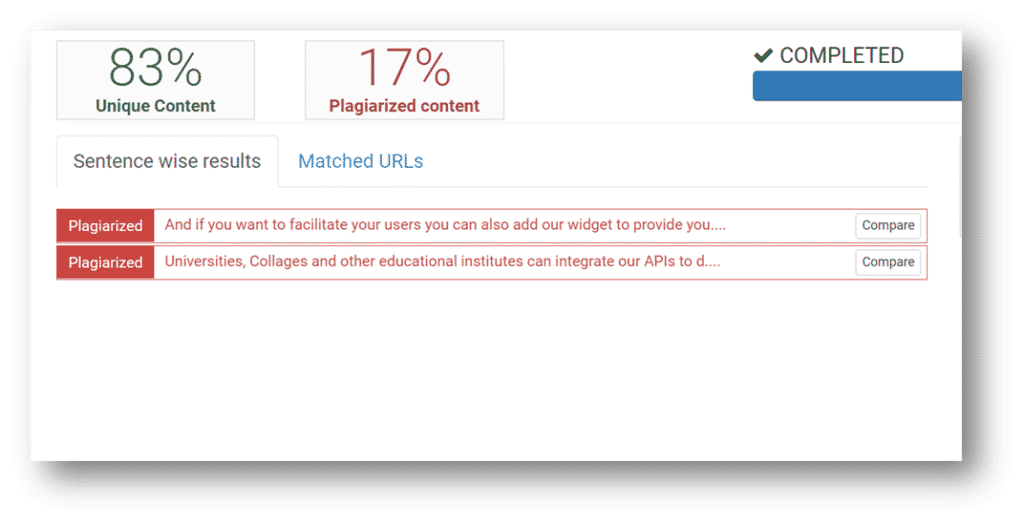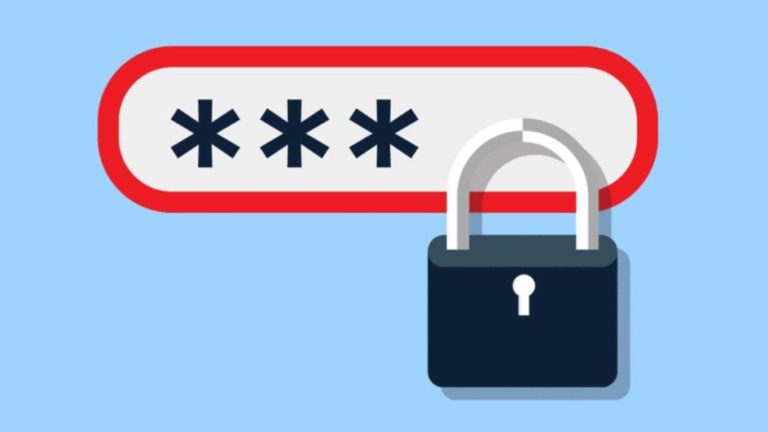Imagine this: You’ve poured your heart and soul into your research paper, carefully crafting every word to convey your unique insights. But just as you’re about to submit it, you realize something chilling: plagiarism. It’s the researcher’s worst nightmare, a shadow lurking over the integrity of your work.
But fear not! There’s a roadmap to navigate this treacherous terrain: How to Avoid Plagiarism in the Research Paper. Plagiarism isn’t always a deliberate act of deception. Sometimes, it creeps in innocently, disguised as a mere oversight in a citation or a slip of the mind. However, regardless of intent, the consequences remain dire.

In the digital age, where information flows freely, writers and publishers have turned to online plagiarism checkers as their guardians of originality. These tools delve deep into every word, scouring the vast expanse of the internet to ensure your work stands untainted by borrowed words.
But let’s not kid ourselves: relying solely on these tools isn’t foolproof. Even a hint of plagiarism can tarnish your reputation and slam the doors of opportunity shut. Worse yet, it could land you in legal hot water if you fail to navigate the murky waters of copyright ethics.
Things to Read:
- Top 10 Best Cloud Hosting Providers in India
- Top 30 Best Push Notification-Based Ad Networks
- Strategies To Make Affiliate Ads Profitable
- Affiliate Marketing Made Easy: How to Begin | Beginner Guide
- How to start affiliate marketing with no money?
So, how do you steer clear of this minefield and ensure your research paper shines with authenticity? Fear not, for we’ve got you covered. Here, we’ll unveil a treasure trove of essential tips to safeguard your work against the perils of plagiarism.
Get ready to unlock the secrets to crafting original content that not only elevates your academic prowess but also leaves an indelible mark on the scholarly landscape. Welcome to the ultimate guide on How to Avoid Plagiarism in the Research Paper.
What is Plagiarism in Research Papers?
Plagiarism in research papers refers to the act of presenting someone else’s ideas, words, or work as your own without proper acknowledgement or citation. It can take various forms, including:
- Direct copying: Using someone else’s exact words without quotation marks or proper citation.
- Paraphrasing without attribution: Rewording someone else’s ideas or sentences without giving credit to the source.
- Self-plagiarism: Reusing your own previously published work without proper citation or acknowledgement.
- Patchwriting: Combining various sources without proper integration or citation, resulting in a paper that lacks originality.
- Improper citation: Failing to accurately cite or reference sources, leads to confusion about the originality of the work.
Plagiarism undermines the integrity of academic research and violates ethical standards. It can lead to serious consequences, including academic penalties, damage to reputation, and legal repercussions. Therefore, it is crucial for researchers to understand what constitutes plagiarism and to take proactive measures to avoid it in their research papers.
5 Effective Tips to Avoid Plagiarism in Research Papers
Paraphrasing
Paraphrasing is probably the easiest way to dodge plagiarism penalties. Paraphrasing refers to writing a piece of information in your own words, so it doesn’t seem the exact copy of material taken from the source.
Often, writers and publishers are good at this since all they have to do is switch synonyms of certain words and phrases.

Changing the active or passive voice sense of the sentence helps too. But changing the words doesn’t mean changing the meaning.
Nowadays, various paraphrasing tools are available online to support this service with just a button click. Proceed to use a free paraphrasing tool on your browser.
You can upload any file format, including DOCX, PDF, or TXT, on these tools to use the paraphrasing feature. Different online plagiarism checkers also offer free paraphrasing services but with limitations.
Citation
Academic researchers are pretty familiar with the term citation or citing. Citing is a very effective method to avoid plagiarism as it helps to add a link to the original piece of information for the readers.
Citation is an essential part of research work. It helps to support the fact that this information involves a theory or content affiliated with a credible author or online source. Citation features an author’s name and publication date related to your research paper writings.

Various educational institutes may have defined the research paper’s formatting guidelines, including the procedures to add citation styles such as APA, Harvard, or MLA. Various online utilities and tools help add in-text citations for your related work.
Use Quotations
Quotations are one great way to add word count effortlessly to your research paper without being accused of plagiarism. Quotations are applied to the exact words used by an author in their original piece of writing.
IT is not applicable for long paragraphs, so the word count for quoted text should be maintained as a piece of definition or a phrase.
These quotations must include a reference to them that states their source and author. Researchers can follow citation guidelines and apply them accordingly in their research papers to avoid accusations of plagiarism.

Add References
While writing a research paper, researchers go through various sources online, including duplicating exact copies of the content.
Although adding a reference to the information that states the sources from where you have compiled the content can help avoid plagiarism penalties.
It is mandatory to attach a reference page at the end of your research paper as it helps support your research work’s credibility. Referencing guidelines are defined by institutes that allow following a particular writing style.
Plagiarism Checks
The last thing you need to follow is to pass your content through a plagiarism checker. Some research guidelines require attaching a plagiarism report with the research paper. This report evaluators to access the authenticity of research work. Start using a plagiarism checker now and tell us how it made your job easier!

Many online plagiarism checkers support features to generate a report based on your research work percentage ratings. These tools allow the scanning of pdf research papers, DOC or DOCX, and various other digital document file types.
Conclusion
Plagiarism-free content is essential for any research paper that adds value to a specific cause or product. These studies are gathered from various sources, increasing the chance of duplication to a commendable extent.
Thus, it lands researchers into facing penalties and prohibitions. But these problems can be tackled using a little help from technology affiliated with online writing and proofreading services.



